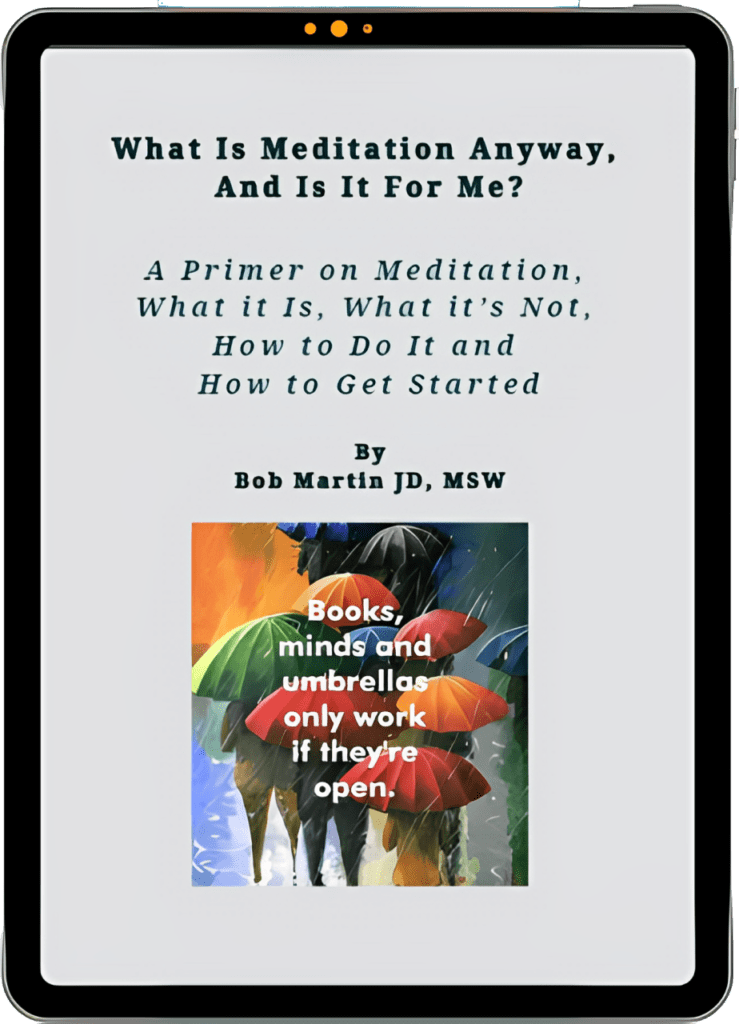You hear a lot these days about trauma-sensitive or trauma-informed mindfulness. And, frankly, I think the better phrase might be “Trauma-survivor-informed mindfulness.” I say that because when we practice mindfulness together with someone who has a history of trauma, it’s crucial to remember that we’re always working with individuals—unique beings with unique histories, coping mechanisms, triggers, and windows of tolerance.
Recently, a friend asked me if there was a specific word for that deeply uncomfortable, all-consuming feeling that arises when someone says things like:
- “Don’t show off.”
- “You think you’re so smart.”
- “Don’t think too much of yourself.”
- “That’s what you get for acting all uppity.”
- “Serves you right.”
She said she could think of words like embarrassed, ashamed, or stupid—but none captured the depth of her experience, that sensation of wanting to disappear, the sense that “I should have known better, this is all my fault.”
Is there one perfect word for this feeling? Maybe not. But there are several that come close, creating a kind of emotional mosaic:
- Mortification: that full-body cringe, the overwhelming urge to vanish.
- Humiliation: the intense shame of internalizing judgment from others.
- Self-loathing: when negative judgments turn inward, becoming part of our self-view.
- Toxic shame: the deep-seated belief not simply that you’ve done wrong, but that something about you is inherently wrong.
- Belittlement: feeling diminished and small as a result of someone’s harsh words.
- Crushed pride: the pain of having your sense of self-worth trampled on for daring to show confidence or capability.
But even more than any single word, this feeling is like an emotional scar—a wound left by repeated messages, explicit or implicit, that tell us:
“You’re too much. Know your place. Don’t dare to rise.”
Here’s the important truth I’d share with anyone feeling this way:
That feeling isn’t wrong.
It’s your body’s intelligent, protective reaction to having your natural brightness, confidence, or voice met with someone else’s fear, envy, or control. It’s your nervous system remembering how it feels to be punished for being visible, for daring to take up space.
But also:
That feeling doesn’t have to define you.
You’re not wrong for wanting to shine, nor “uppity” for having intelligence or sensitivity. You’ve experienced a subtle yet real form of emotional harm, often culturally and socially reinforced.
You survived it, and now part of your healing journey is learning not to internalize those critical voices any longer.
Here are some gentle suggestions to help navigate and transform this experience:
- Name It Without Shaming It: Next time that wave of shame arises, acknowledge it kindly: “This is that old shame storm again. This is what it feels like to be punished for being visible.” Simply naming it can soften its grip.
- Offer Compassion to Your Inner Child: The internal voice saying, “I should’ve known better,” often belongs to a younger, scared version of yourself trying to stay safe. That inner child needs kindness, not more criticism.
- Practice New Inner Responses: When thoughts like “don’t show off” creep in, gently respond with: “I’m not showing off—I’m showing up, and that’s brave.”
- Surround Yourself With Supportive Voices: Fill your life with friends, authors, podcasts, or teachers who affirm your right to exist fully and visibly.
- Recognize the Cultural Context: This feeling isn’t personal alone—it’s societal. Particularly for women, BIPOC folks, LGBTQ+ individuals, and those at various intersections of marginalization, there’s societal conditioning to remain small. Recognizing this helps dissolve some of the shame. Healing becomes a radical, collective, and courageous act.
If I could summarize this experience with a phrase, perhaps it would be:
“The shame of taking up space,”
or even:
“Visibility trauma.”
One of the most powerful tools I’ve discovered in navigating these moments comes from the work of psychologist Dr. Kristin Neff, a pioneering expert on self-compassion. Her website, self-compassion.org, offers accessible and powerful resources, including a practice called The Self-Compassion Break. This practice has three simple yet profound steps:
- Acknowledge the Moment of Suffering: “This is a moment of suffering” (or simply, “This hurts”).
- Connect to Common Humanity: “Suffering is part of being human” (“I’m not alone in feeling this way”).
- Offer Yourself Kindness: “May I be kind to myself in this moment.”
You might whisper these phrases to yourself, place a comforting hand on your heart, or simply sit quietly with them. Over time, this practice gently rewires your nervous system, teaching it that it is safe to turn toward yourself with kindness rather than criticism.
And perhaps, ultimately, that’s the antidote to that overwhelming feeling—the voice inside you that whispers, “I should disappear.” Self-compassion quietly insists, “No, you belong here. All of you.”
If you’ve ever felt this way, remember you’re not alone, you’re not “too much,” and you deserve your own kindness. Especially now.


